Transliteration
Transliteration is not translation. The sounds are being replicated phonetically in another language, not the meaning. Transliteration helps people pronounce words and names in foreign languages.
Unlike a translation, which tells you the meaning of a word that's written in another language, a transliteration only gives you an idea of how the word is pronounced, by putting it in a familiar alphabet. It changes character sets such as Russian, Arabic, or Chinese to similar-sounding letters in either native or Roman characters while keeping the underlying meaning.
For example, if you go to a sushi restaurant, you might see 鰤 on a menu. It gets transliterated into Hamachi. If it was translated, it would be called Japanese amberjack or yellowtail. う なぎ is transliterated to Unagi, but translated to eel.
Why is transliteration so important for address verification?
Imagine that you have customer addresses from all over the world in your database. They are saved in their original languages. But since you can’t read Russian, Arabic or Chinese for example, you can’t tell where the customers are located. You’d like to see them spelled out in a common native language, in this instance, English, so you can do further analysis. This blog explains transliteration in a bit more detail.



